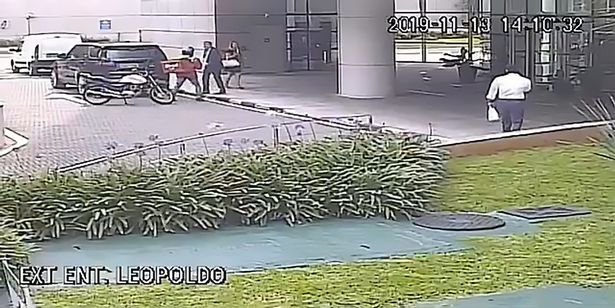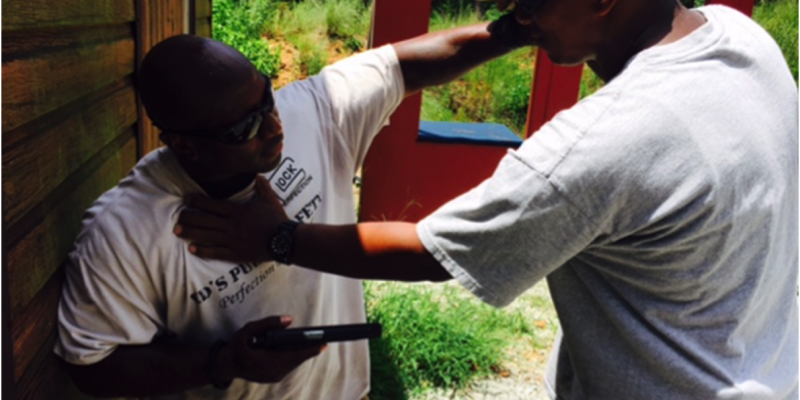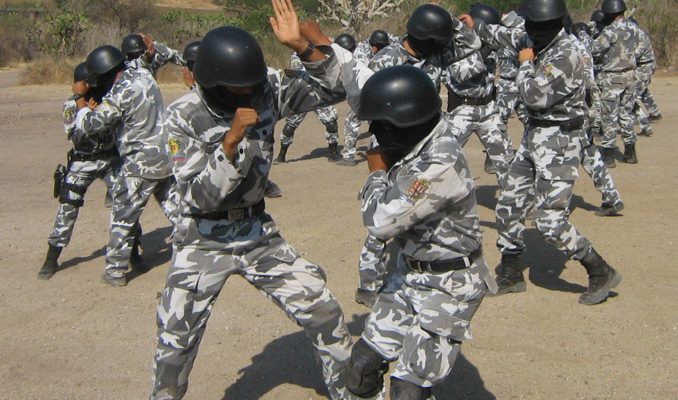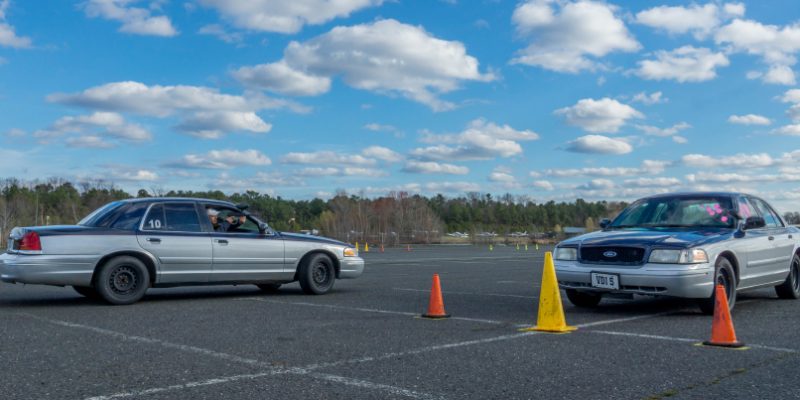. To prepare is to, make (something) ready for use or consideration, to persevere, is to continue in a course of action even in the face of difficulty or with little or no prospect of success. Among the many skill sets we must attain, practice, and master over time, preparedness and perseverance are two less talked about traits of a solid EP practitioner. There are many reasons why the focus on these skills are over shadowed by wrist locks, positioning, being the body man, fancy martial arts, and firearms. What’s a significant reason you ask? Well, in my opinion it’s because there is no immediate gratification, or “look at me” moment(s). There are plenty of instances where all of the before mentioned skills are useful, however, how and when they can be used start with being prepared.
Keeping Your Edge: What’s the End Game?
I’m sipping a Pina Colada (virgin) and staring at the ocean with the waves cresting about 10 feet from my cabana. I don’t write that to brag, but instead give a peek into an environment that’s a little different for me as I jump into the backstory.
Defining Professionalism in the Personal Protection Industry
Not because there is less work out there, in fact, the opposite is probably true. With global threat levels at an all-time high, there is more work in the security industry now than there ever has been and the security industry is booming, but it’s harder to find work because there are now thousands more so-called ‘qualified’ CPOs chasing after every position. It is a fact that most licensed operators have never actually done a day’s close protection work in their lives. At the time of writing this article, there are over 14,000 valid, UK, CP licences. Yes, over fourteen thousand people in the UK currently have a license to operate as a Close Protection Officer.
Deciding How To Start Your Career In Close Protection
Who, when initially looking for a close protection course, tried to find the cheapest course and quickest route possible to your badge? Who researched their training provider and checked out all the credentials and qualifications of their instructors?
Who doesn’t intend to do any other training until they find at least some work to pay back their initial training costs? Who, reading this, has attended an ‘accredited’ training course but has actually never yet done a day’s work as a designated protection officer? I could go on, but well… you get the picture!
Hero bodyguard throws himself in front of client after motorbike hitman opens fire
A man on a motorbike cruises into the hotel grounds and pulls up close behind the SUV when the bodyguard places himself between the woman and the attacker.
The Conscientious Bodyguard
Given the nature of close protection and the conditions under which operators are expected to perform, it is imperative for those providing protective services to be highly developed, multi-disciplined individuals. However, beyond the obvious technical skills reqauired to execute well-drilled procedures, modern operators are expected to display more nuanced skills such as emotional intelligence, candour, judgement and resourcefulness to list but a few. So, how can understanding our personality type help us become better in our roles as close protection operatives? To answer this, we need to have a basic understanding of the factors influencing the various personality traits.
Security in New Zealand
Your high profile principle has decided to come to NZ. The first thing that will hit the close protection officer is the Maori culture. A member of the local Iwi (tribe) will be responsible for explaining to your client the local customs, but the close protection officer will still see threats.
Keeping Your Edge – Is Politics Driving a Wedge Between Protectors?
2017 has been an interesting year for politics, particularly American politics. On these shores, we had an election for the history books, one which pitted the wife of a former President against a billionaire reality show host.
Keeping Your Edge, Politics as Un-usual
I’ve always tried to make sure I ask and answer that question before I write about personal experiences in public settings. In light of that, I must admit I thought about this one a bit longer than most, but felt it was worthy to share because one of the purposes of The Circuit Magazine is to inform and educate while offering unique perspectives within the Close Protection community.
So, You Want To Be A Celebrity Protection Agent?
“Elijah, I’m glad you choose me for the assignment, just so you know I have to be home on the 15th as my son has his little league try-outs.” I’ll have to be honest and say, if the assignment extends past the 15th, I’m likely going to use someone else from the outset. Why? Because VIP clients appreciate familiarity but the rotation of celebrity protection agents does not project stability, instead, it implies just the opposite.
The DEEP End
the Deep End, the (Dynamic Evolution Of Executive Protection) can you swim? Since the beginning of time, everything from man to nature has or is evolving; the protection theater is no different.
A is for Appendix Carry
Firearms still have a role even in the world of private security. A tool we hope we never have to call upon but is there if needed.
14 Lessons For Operating Training Programs in Foreign Countries
Based on his considerable knowledge and experience as a trainer and of operating training programs in foreign countries, Orlando Wilson shares these 14 lessons on how to deal with situations rarely encountered in the Western world.
Vehicle Dynamics Institute COURSE REVIEW
Experience first hand the training offered in a variety of subjects: Protective/Evasive Driving, Surveillance Detection Tactics & Techniques, and Best Practices for the Solo Practitioner. I chose to attend their Protective/Evasive Driving course. Vehicle Dynamics Institute COURSE REVIEW
Armchair Quarterbacks
My take is that in the Close Protection industry, our Armchair Quarterbacks are oftentimes doing the business on multiple levels to varying degrees of success, but instead of enjoying that success and motivating and inspiring others, they spend a noticeable degree of time criticizing every play someone else makes.















